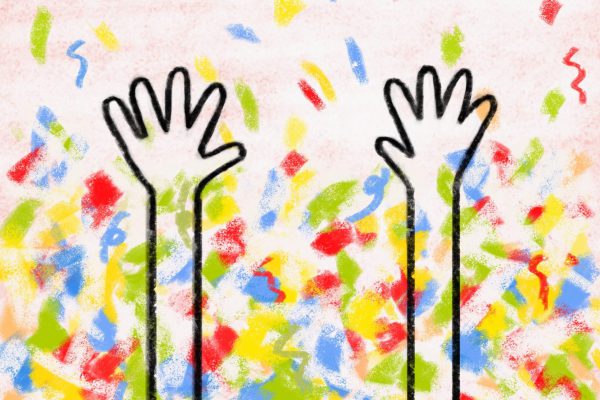When you find it difficult to connect with someone, try to see the world from their point of view.
Empathy is easy enough in theory. But in practice, the act of imagining the world through someone else’s eyes doesn’t always come naturally. Usually, the more distant and different a person’s life is from your own, the more difficult it can be to truly understand their point of view. Today we’re looking at different ways to address barriers to empathy, depending on whom you’re trying to understand.
Finding empathy at work
Susan Scott’s guide to frank, empathetic communication in the workplace, FIERCE CONVERSATIONS, points out that different people within an organization often have wildly different perspectives on the same issues. To better understand a colleague’s point of view, she recommends the simple strategy of asking questions. The benefits are threefold: it’s a good way to gather information, it will help you avoid launching into an accidental monologue, and it will make you more likeable. Interestingly, research suggests that people prefer conversational partners who ask questions.
Finding empathy in romantic relationships
Partners often have different comfort levels with emotional intimacy that drives how they communicate with one another — and, critically, how they fight. Couples with different communication styles often have compatibility problems, but a little empathy goes a long way. In ATTACHED, Columbia University professor Amir Levine and social psychologist Rachel Heller share strategies for dealing with conflict in a constructive manner, promoting compromise and emotional openness. The secret? Anticipating the other person’s needs based on their personal communication style.
Finding empathy with political adversaries
Last week, the U.S. midterm elections confirmed that the country’s political divide is deepening. To write her book about the “empathy wall,” as she calls it, liberal sociologist Arlie Russell Hochschild studied six conservative men and women to better understand the perspectives of her political opponents. In STRANGERS IN THEIR OWN LAND, she reports that many political differences are rooted not just in ideology, but also in fear. (In 2016, roughly half of both Republicans and Democrats described themselves as afraid of their political opponents.) To overcome that fear, both sides of the political spectrum must be willing to break down — or at least scale — the empathy wall.
Finding empathy with anyone
Brené Brown, the academic powerhouse known for her viral TED talks and her bestselling books, often writes about the power of strong human connections. In BRAVING THE WILDERNESS, she describes how modern life has degraded our ability to empathize and form relationships rooted in love, trust, and understanding. She recommends suspending judgment, practicing radical honesty, and building relationships based on mutual respect.







